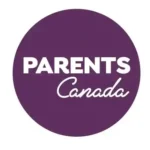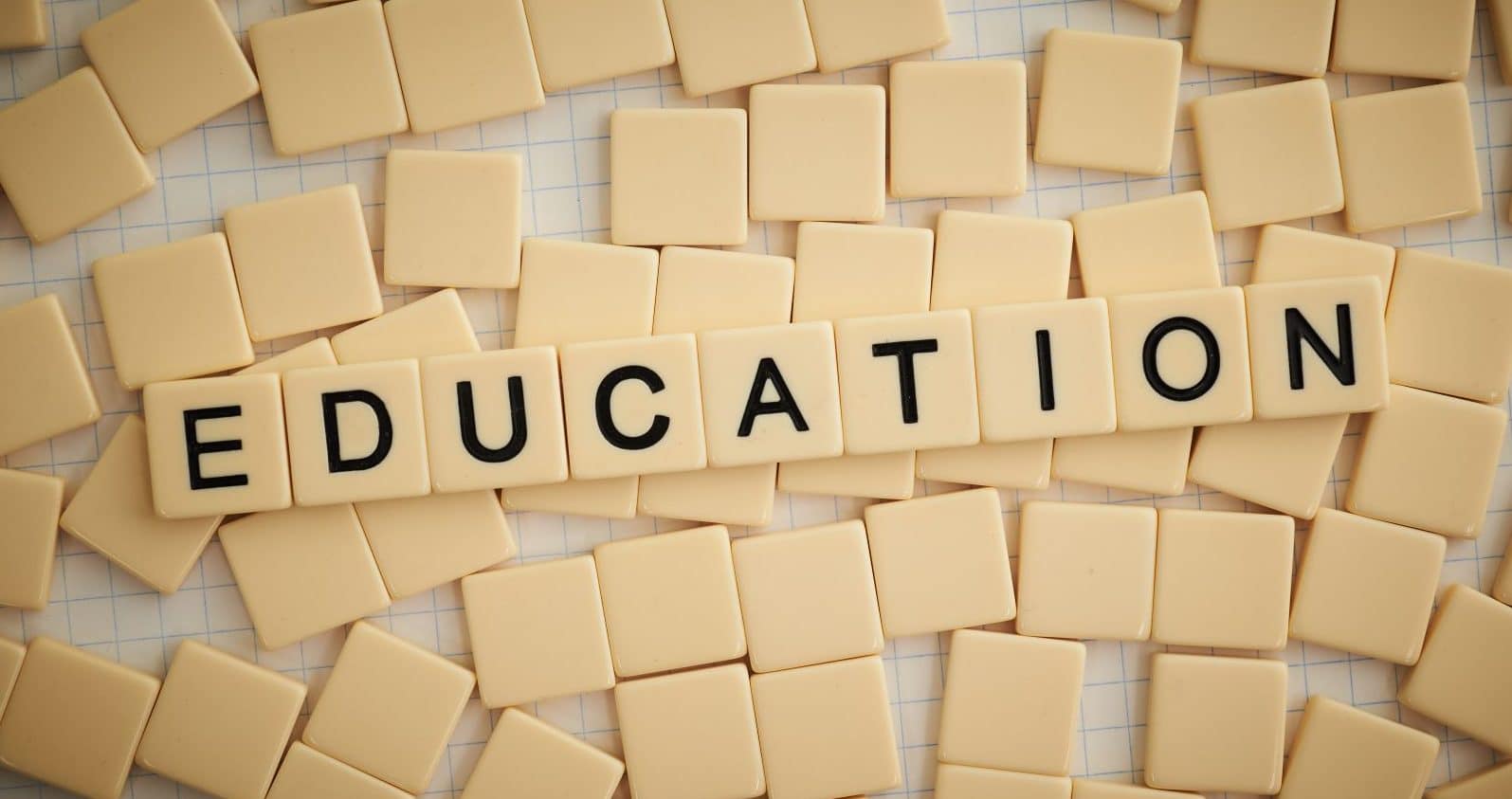Uncategorized
4 min Read
Benefits of the top private schools

August 9, 2016
Uncategorized
4 min Read

August 9, 2016

Private schools in Toronto provide many different options for a child’s education outside of publicly funded, government-run systems: co-educational or single-gender, boarding or day schools. Alternative educational philosophies or curriculums – such as Waldorf or Arrowsmith – are also available, as are religious schools and schools that specialize, such as arts schools.
At the top private schools, students are typically required to participate in several extracurricular activities – and teachers are required to take part in running them. As a result, there are often a wide range of extracurricular options for students. Because students must be involved, they may try an activity they wouldn’t have otherwise. This is a good thing – helping shy students gain confidence, for example. The extracurriculars can offset the cost of private education – reducing the need to pay for separate activities in the community.
Good teachers can be found all over Toronto. Most private school teachers are contractually obligated to become involved in academic support outside the classroom, as well as extracurricular activities. In some schools, teachers even eat with students at lunch. At some boarding schools, teachers live on campus. Teachers usually receive regular, quality professional development. And private schools have more options to address staffing issues as they occur. Private school students and parents often report feeling very satisfied with the level of teachers’ dedication.
If you ask parents of children in the top private schools what they like about it, they’ll often mention smaller class sizes first. While it isn’t the only determinant of a good education, parents and teachers like smaller class sizes for a lot of reasons. Fewer students means more time for teachers to really get to know each individual child and respond to specific academic needs. It lets teachers use various instruction techniques. Plus, more physical room in the classroom affects how students interact with each other and their teachers. It also provides more options for configuring the classroom for learning. Smaller classes let teachers better identify classroom disturbances, such as behavioural or relational issues, and deal with them effectively.
A common reason for parents to send a child to private school is to ensure his or her safety – physical and emotional. Private schools usually have effective strategies to deal with bullying, for example, and have greater latitude to address student behaviour.
Students in the top private schools can enjoy opportunities they may not otherwise have. More trips to a variety of locations, including international trips, are a good example. Networking opportunities – as a student and later, as part of alumni – are another.
In many of the top private schools, preparing for success in postsecondary education – especially university – is a top priority. At some schools, teachers are assigned to individual students outside their classes to supervise academic performance. Teachers are readily available for extra help and discussions with parents. Guidance counselling is extensive, for helping students choose university programs and facilitate them getting accepted. Some schools offer university-like courses to help ensure success after leaving high school – in some cases, the courses can be counted as university credits.
Private schools in Toronto have to meet certain requirements set out by Ontario. But there is much less ‘red tape’ in private schools, which means administrators and educators can be more responsive to individual academic needs. They can customize and make curriculum changes with fewer bureaucratic challenges.
Children are enrolled in the top private schools because their parents actively sought it out for specific reasons. These parents have chosen to pay out-of-pocket – and commonly with significant financial sacrifice – for a private education, even though there are publicly-funded systems in every province and territory. This usually means parents of kids in private school are highly motivated and engaged.